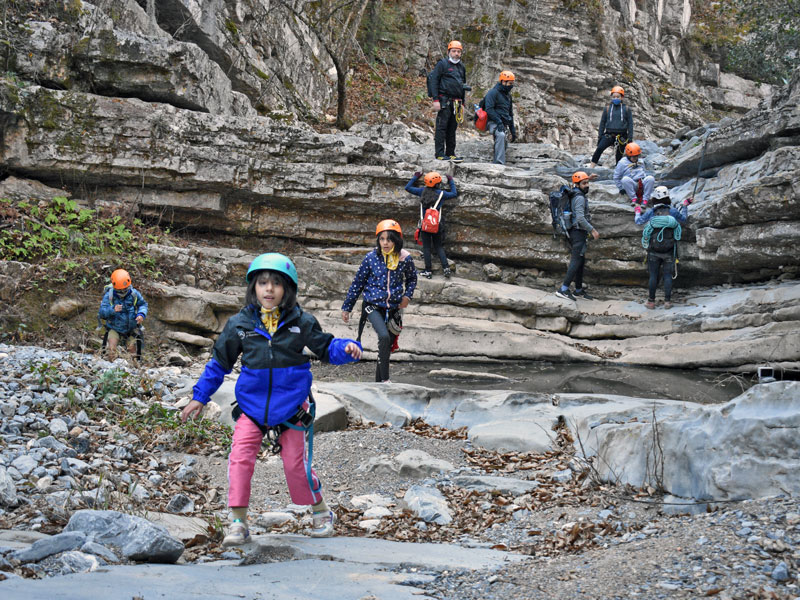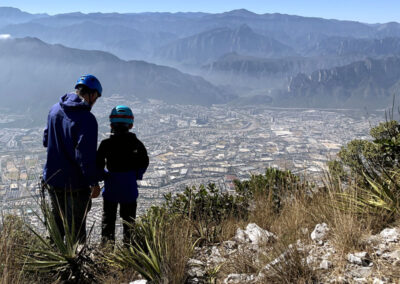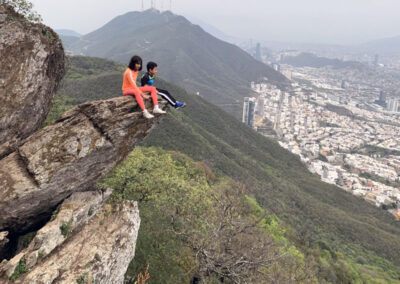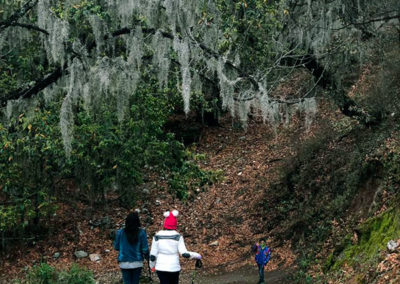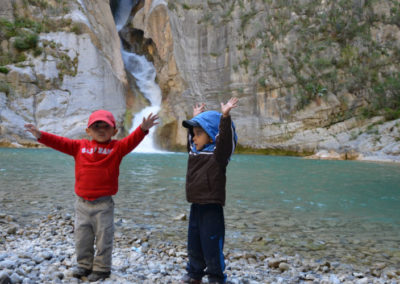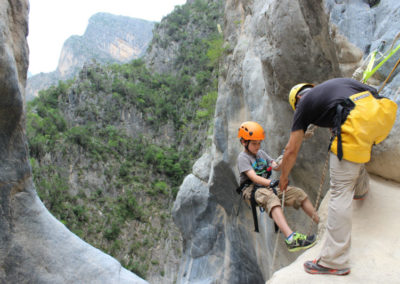The new (virtual) education approach to the pandemic situation and the priority of early intellectualization of infants has led us to put aside psychomotor activities.
However, psychomotor stimulation has great importance in the first years of a child’s life. Previously it was only used when the child had a psychomotor delay, disability, or some weakness or difficulty. But today it goes further and works for the improvement of all children. Even so, in educational centers it is not given the importance that should be. Psychomotor skills serve to improve learning, as well as to evolve a child’s personality, helping the child to be more autonomous, balanced, and happy.
The concept of psychomotority is divided into two parts: motor, movement; and psyche, which determines the actions in two phases of the affective partner and the cognitive. These two terms form the integral development of the individual.
EFFECTIVENESS AND IMPROVEMENT OF PSYCHOMOTIVE DEVELOPMENT, SELF-CONCEPT, AND SOCIALIZATION THROUGH A PROGRAM OF PHYSICAL ACTIVITIES.
In 1989, Margarita Gomendio of the Department of Teaching and Methods of Physical Activity, together with Carmen Maganto of the Department of Personality, Evaluation, and Psychological Treatments, both of the University of the Basque Countries, carried out a study with the objective of evaluating the effectiveness of a Physical Activities Program for Children aimed at psychomotor development, the improvement of self-concept, and the development of socialization.the improvement of self-concept, and the development of socialization. The intervention was carried out during the school year with children between 6 and 7 years of age, where they incorporated a Psychomotor program. In the results after the program an improvement is observed in all the variables. Among many interesting facts from this study, it is concluded that the program benefits emotional aspects such as an increased way of perceiving oneself and consequent better self-esteem.
In the stage of early childhood education, children find in their body and movement the main ways to come into contact with the reality that surrounds them, and in this way, acquire the first knowledge about the world in which they are growing and developing. Undoubtedly, the progressive discovery of one's own body as a source of sensations, the exploration of the possibilities of action, and bodily functions, will constitute necessary experiences on which childish thought will be built. Likewise, emotional relationships established in situations of motor activity, and in particular through play, will be fundamental for the emotional growth of infants.
Learn about the programs that Experience and Adventure has for the development of children.

